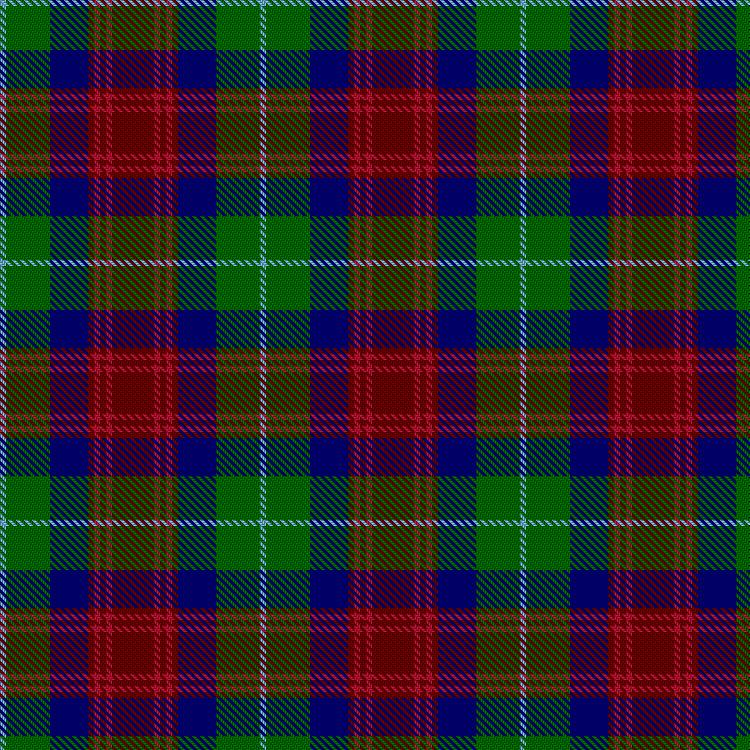Unraveling the Tapestry of Clan Akins: A Comprehensive Exploration
Crest, Motto, Translation, Plant, Gaelic Name, Origin of Name, War Cry
| Information | Details |
|---|---|
| Crest | Two Crowns |
| Motto | “Time now short” |
| Translation | N/a |
| Plant | None |
| Gaelic Name | N/A |
| Origin of Name | The name Akins has roots in the Old English language, with variations such as “Akin” and “Atkin.” It is believed to be a patronymic name derived from the medieval given name “Atkin,” meaning “little Adam.” Over time, it evolved into the surname we recognize today. Some instances suggest a connection to Gaelic and Celtic origins, highlighting the diverse linguistic tapestry of Clan Akins. |
| War Cry | “Unity echoes, strength prevails!” |
List of Clan Chiefs
- read in the buttom about it
Akins Clan Societies Websites
| Name | Clan Societies Website |
|---|---|
| Akins Clan Society | Website |
Tartans Of Akins Clan

Scottish Clan Akins: Origins and Controversies
Distribution and Origins: The name Akins is scattered across various regions, including Great Britain, Northern Ireland, the United States, Canada, Australia, and New Zealand. Despite its presence among Scots worldwide, the Scottish Lord Lyon King of Arms has not recognized Akins as a clan, along with its self-styled chief. The only tangible evidence supporting the existence of Clan Akins is a tombstone in North Carolina, adorned with a coat of arms featuring supporters – two stags flanking the shield.
The legitimacy of Akins being considered a clan stems from the tradition of granting supporters to peers and clan chiefs. Thomas Akins, buried in North Carolina (d. 1785), displayed such heraldic symbols, leading to the contentious claim of Clan Akins. However, this claim lacks credibility, as similar coats of arms in the same cemetery are often fanciful or misused. Lord Lyon’s dismissal of the claim was expected, given the absence of concrete evidence.
Roots Among Common Folk: The Clan Akins purportedly traces its roots to the early Picts and Scots, inhabitants of Scotland since the Roman Empire. Claims suggest an origin during the Viking era when rulers controlled Scottish isles. However, skepticism surrounds these assertions, as the alleged clan’s earliest origins may be a recent invention by its self-proclaimed chief.
The name Akin initially appeared as a place-name on the Hebridean Isle of Skye in the 13th century. This region, known as Kyle Akin, commemorates the passage of Viking leader King Haakon IV during the Norse defeat by Alexander III, King of Scots, at the Battle of Largs in 1263 AD. The Skye village of Kyleakin and Dun Akin castle, held by the Mackinnon Clan, are associated with this area’s history. Despite these connections, the absence of historical records or involvement in battles raises questions about Clan Akins’ authenticity.
Conclusion: While Clan Akins’ existence remains contentious, fueled by a mix of heraldic symbols and disputed historical ties, it lacks substantial evidence to be officially recognized as a Scottish clan. The narrative surrounding its origin and development appears more speculative than rooted in historical fact.








